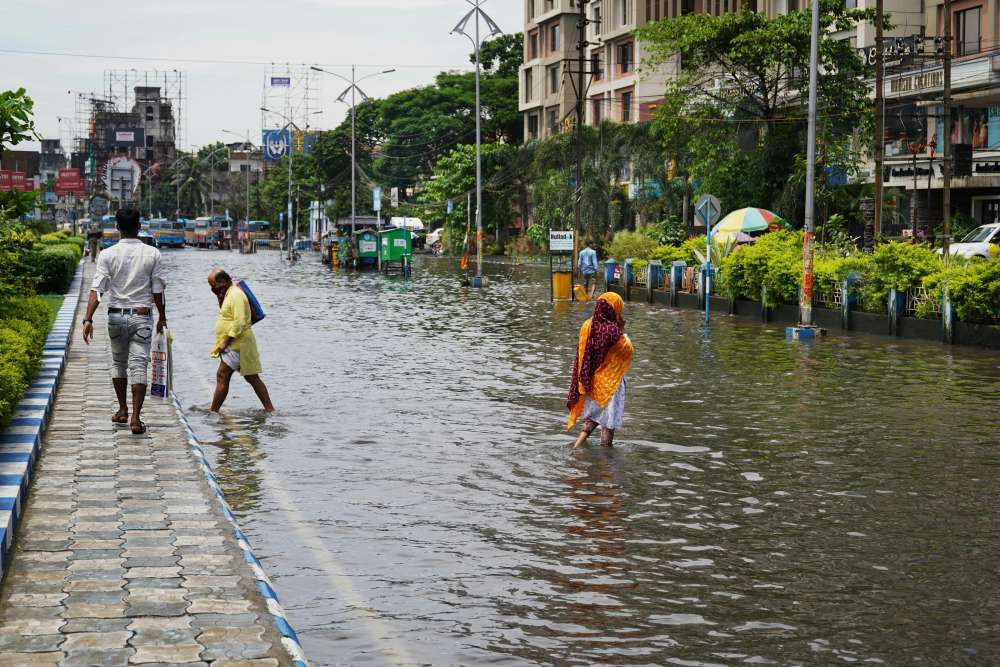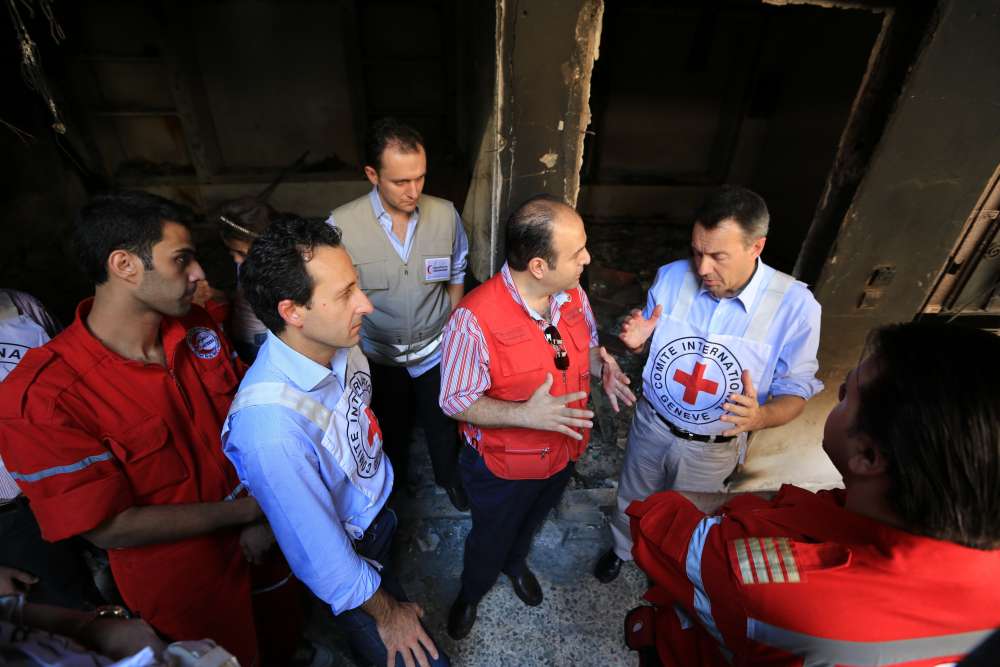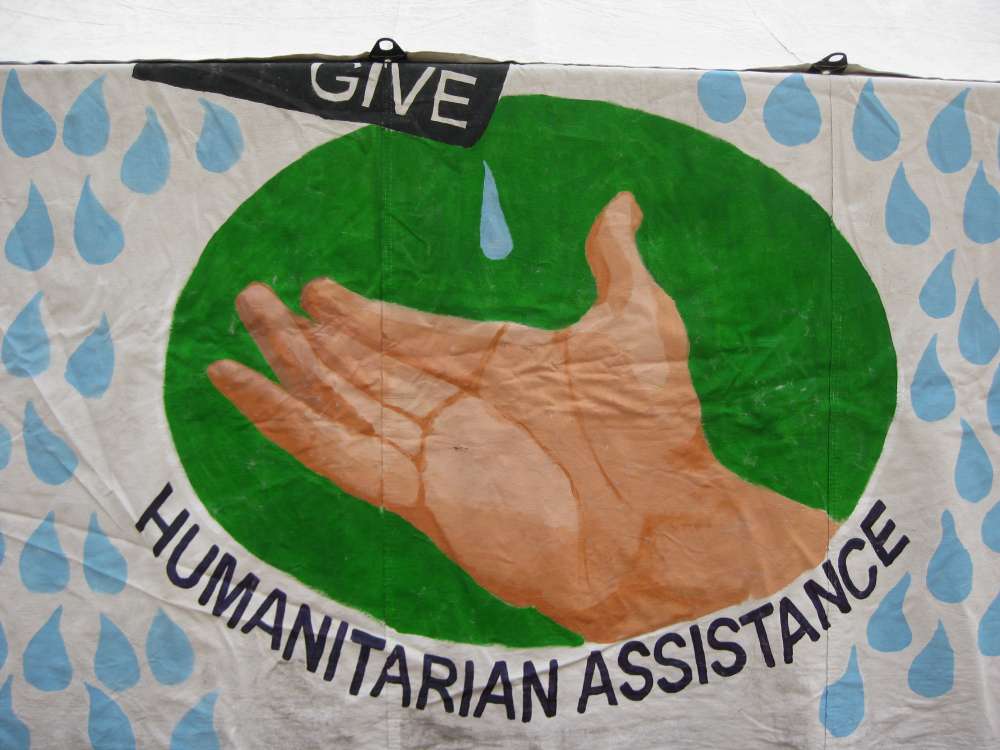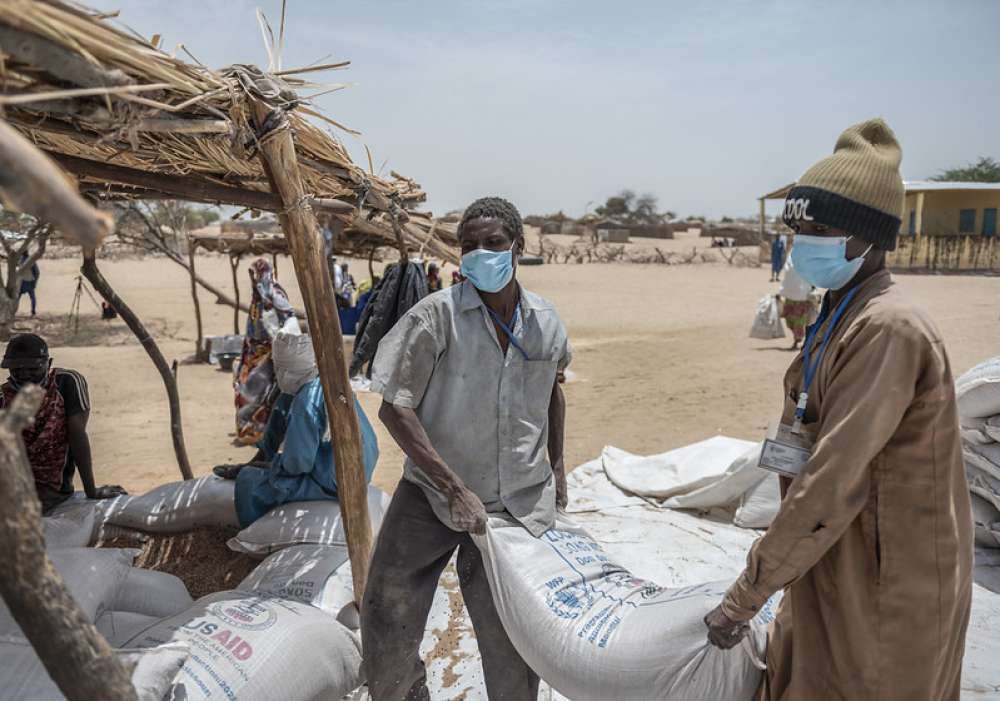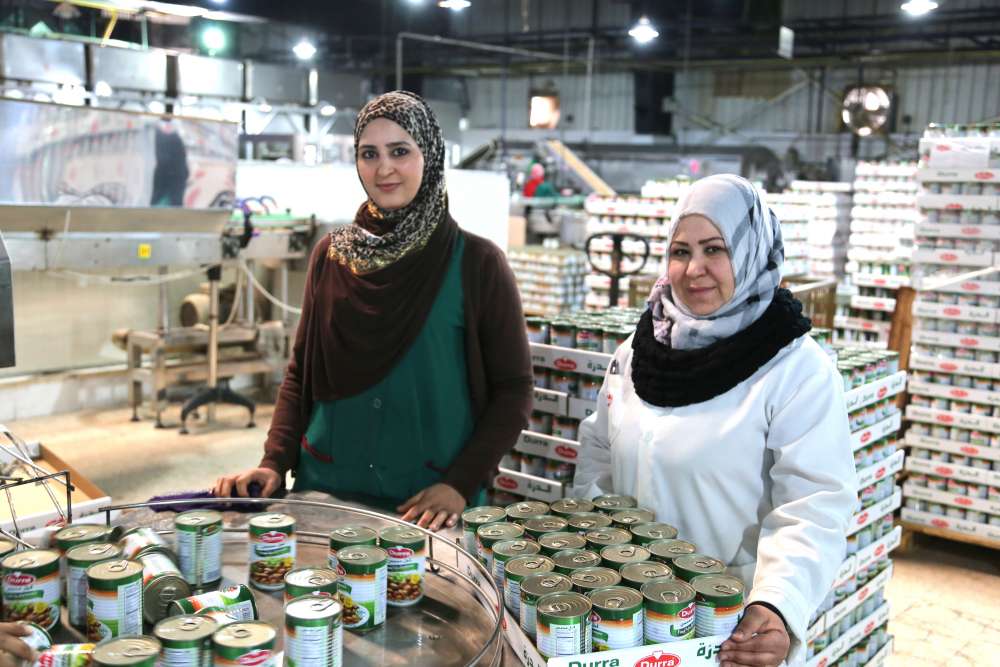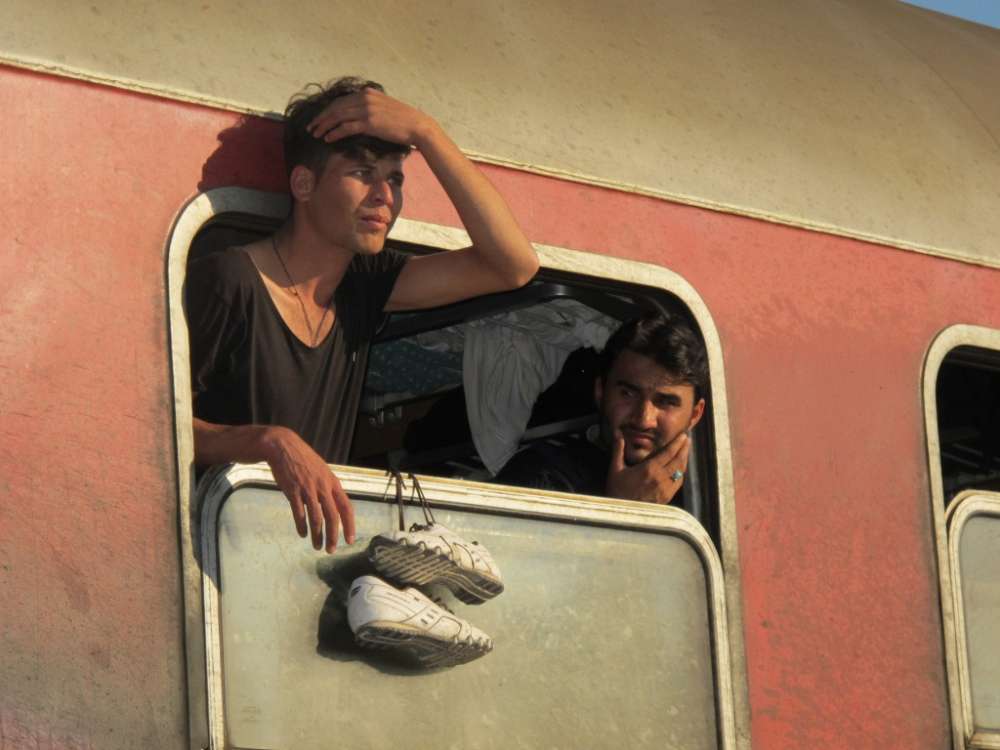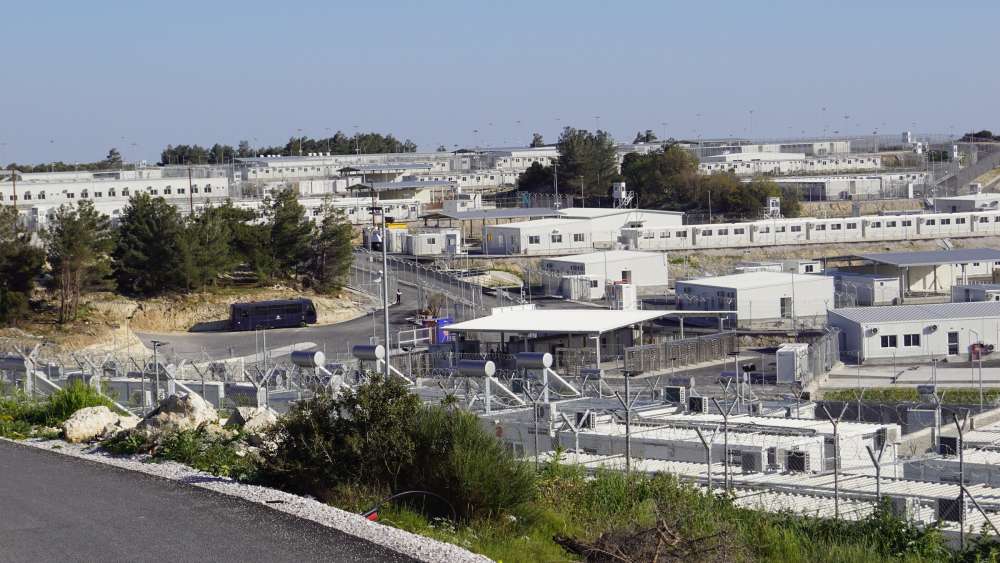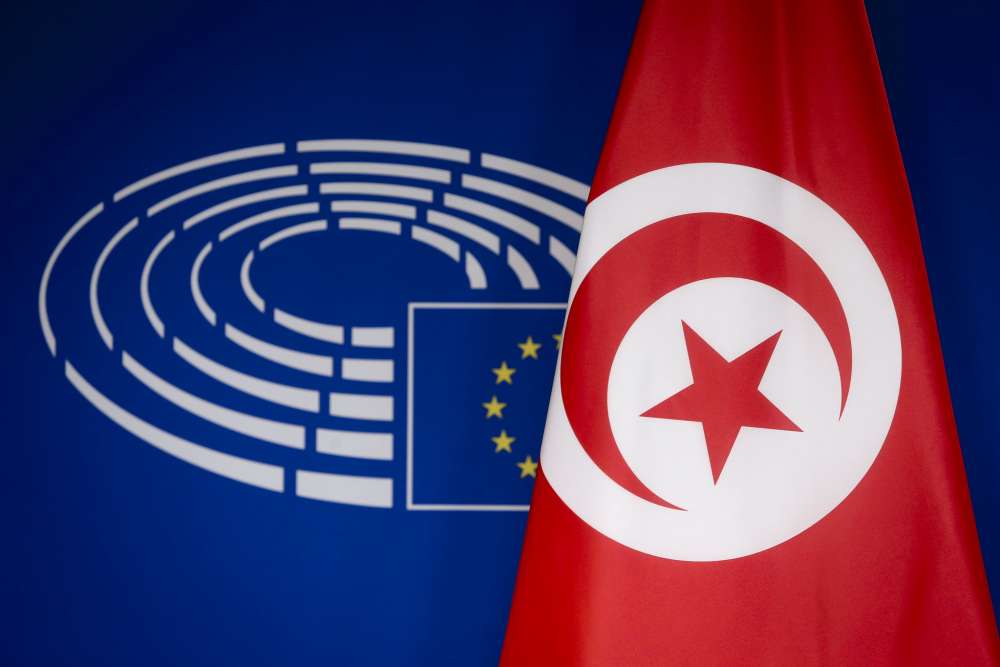How to Ensure a Global Refugee Response
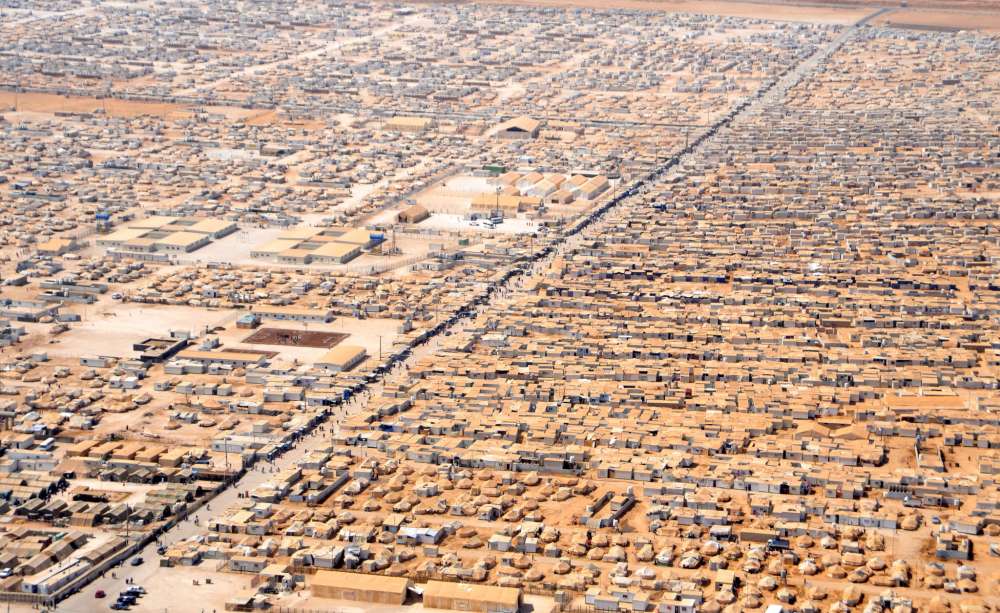
Just hours after the United Nations concluded its refugee summit, breaking news on the displaced could hardly be more sobering.
A UN aid convoy in Syria was bombed, leaving 12 aid workers dead; Kenya is closings the world’s largest refugee camp in Dadaab, pressuring refugees to return to Somalia; and one of the main points of arrival for refugees in Europe, the Moria camp on the Greek island of Lesvos, is burnt down, providing a stark reminder of the dismal conditions refugees can even face in EU countries. It would thus be easy to dismiss as chit chat a summit that produced a largely non-binding outcome document, the ” New York Declaration.”
But the high-level meeting was important, even if it produced few tangible results. With a record number of 21 million refugees, pressure on the legal framework for refugees is growing. As many try to erode that framework, general statements of support count. More significantly, the summit will set a process in motion that paves the way for adopting a Global Compact on Refugees in two years.
Whatever form the compact will take in 2018, it will have to build on Monday’s conference. With some 80 states and 20 international organizations keen to leave their mark on a somewhat unfocused outcome document it is crucial to set the right priorities in the next months. Among them, the four following points should be prominently reflected.
Global Compact on Refugees
First, we need a strong mechanism for tracking follow-up and monitoring commitments. There is always the risk that the promises made at big gatherings turn out to be like checks from a bad bank: they may bounce when you try to cash them. Take the World Humanitarian Summit. Held four months ago, that summit has only just produced an overview of the commitments made, but is yet to release a detailed catalogue, let alone a credible mechanism for tracking their implementation.
To avoid that trap, follow-up of the summit needs high-level political support and initiatives to monitor existing commitments. This would also include refugee law, which at the moment has a much less robust monitoring system than for example human rights treaties.
Second, we need to create incentives for communities to accept refugee resettlement so that more refugees can find protection. It is normal that states close to armed conflicts host more refugees. But countries in the Middle East and Africa together host 70 percent of the world’s displaced, creating tensions in recipient countries and putting an inordinate strain on their already scarce resources. Hundreds of thousands are “warehoused” in camps for years, with little opportunity to integrate locally.
More is Needed
Currently, the world is offering approximately only around 100,000 refugees the opportunity to resettle from one country of refuge (typically a neighboring country of the nation with bad conditions) to another. The number also of course does not include all those who flee by their own means and arrive, for instance, in Europe.
More is clearly necessary. World leaders could, for example, create a fund to which countries contribute based on their GDP and on the number of refugees they host. Local communities could then apply for investment projects that benefit both host communities and refugees. This would create incentives for resettling refugees and provide a more constructive signal than attempts to agree on global resettlement targets at a time when every additional intake is likely to engender opposition.
Third, we need to do more with more in refugee aid. There is good evidence that cash is one of the best forms of aid for refugees and others requiring humanitarian assistance, instead of food, clothes, shelter materials and the like. Cash aid supports local markets and empowers refugees to make their own choices. Indeed, there are estimates that more than a third of the world’s humanitarian budget could be spent in cash, freeing up resources and highlighting the organizations who provide what people need most efficiently. Those groups, however, may be local organizations, rather than members of the international aid apparatus keen to defend their turf.
Left Out in the Cold
Lastly, the summit draws much of its momentum from Europeans’ fear of uncontrolled mass migration. Using this energy to push for broader improvements for refugees and migrants is politically savvy, but world leaders should not get too carried away. To reflect our moral obligations as well, the Global Compact for Refugees needs to include mechanisms to ensure that resources go to where the needs are greatest. That ultimately, is the best way to tackle the challenges of large movements of refugees and migrants.
…
This commentary was originally published by Deutsche Welle on September 20, 2016.
